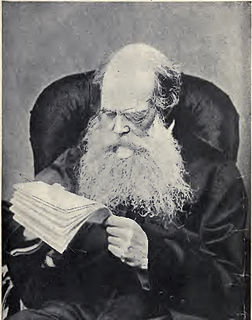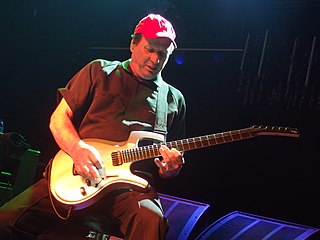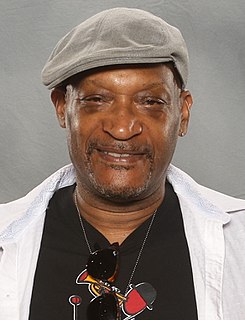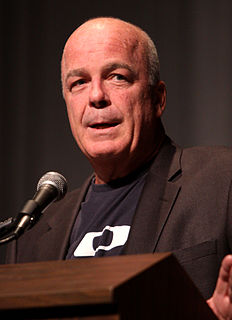A Quote by E. Cobham Brewer
The elephant which supports the world is called Muha-pudma, and the the tortoise which supports the elephant is called Chukwa. In some of the Eastern mythologies we are told that the world stands on the backs of eight elephants, called Achtequed-jams.
Related Quotes
But as the work proceeded I was continually reminded of the fable about the elephant and the tortoise. Having constructed an elephant upon which the mathematical world could rest, I found the elephant tottering, and proceeded to construct a tortoise to keep the elephant from falling. But the tortoise was not more secure than the elephant, and after some twenty years of very arduous toil, I came to the conclusion that there was nothing more that I could do in the way of making mathematical knowledge indubitable.
There is the theory that all the living forms in the world have arisen from a single source which itself came from an inorganic form. This theory can be called the 'general theory of evolution,' and the evidence which supports this is not sufficiently strong to allow us to consider it as anything more than a working hypothesis.
That is the purpose for which you are called hither. Called, is say, though I have not called you to me, strangers from distant lands. You have come and are here met, in this very nick of time, by chance as it may seem. Yet it is not so. Believe rather that it is so ordered that we, who sit here, and none others, must now find counsel for the peril of the world.
I did a film in Nairobi, Kenya called 'The Last Elephant,' with John Lithgow, Isabella Rosallini, and James Earl Jones. So I was in seventh heaven, alright? About a year later I get a call from my agent and he says they want to see you for this project called Candyman. I thought he was joking so I hung up.
This is what metaphor is. It is not saying that an ant is an elephant. Perhaps; both are alive. No. Metaphor is saying the ant is an elephant. Now, logically speaking, I know there is a difference. If you put elephants and ants before me, I believe that every time I will correctly identify the elephant and the ant. So metaphor must come from a very different place than that of the logical, intelligent mind. It comes from a place that is very courageous, willing to step out of our preconceived ways of seeing things and open so large that it can see the oneness in an ant and in an elephant.
































